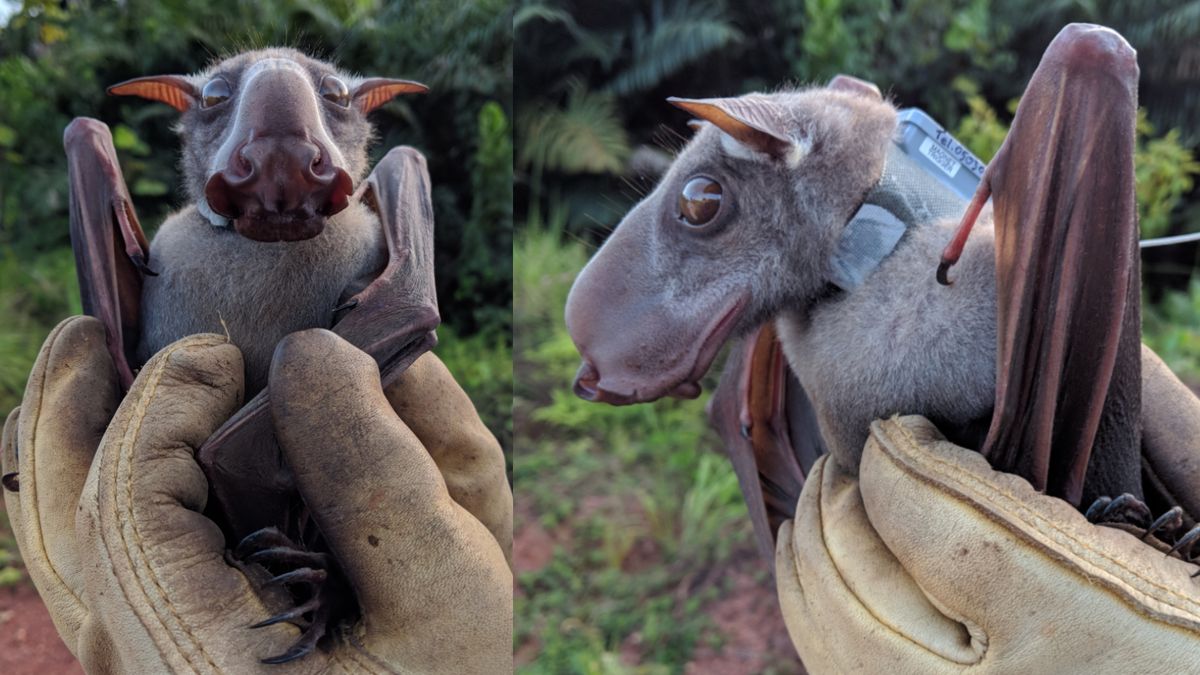BISMARCK, N.D. (AP) — A day after a federal appeals court dealt a significant blow to the Voting Rights Act, North Dakota’s top election official announced Tuesday that he wants the court to review a judge’s recent ruling that protected two Native American tribes’ voting rights.
Voting rights groups had hailed U.S. District Chief Judge Peter Welte’s ruling Friday that the tribes’ voting rights were unlawfully diluted by a 2021 legislative redistricting map.
But, in an unrelated lawsuit Monday, the 8th U.S. Circuit Court of Appeals ruled that private individuals and groups such as the NAACP do not have the ability to sue under a key section of the Voting Rights Act.
In announcing his intention to appeal Welte’s ruling, Republican Secretary of State Michael Howe specifically cited Monday’s 2-1 ruling by the appeals court panel, which is based in St. Louis and has jurisdiction over seven states, including North Dakota. It is unclear whether the same panel of three judges would hear the North Dakota case.
Republican Attorney General Drew Wrigley on Monday said the appeals court ruling “is an interesting and timely development” as state officials and legislative leaders pondered their next steps as to the Friday ruling. A spokesperson said he wasn’t immediately available for comment but would follow up.
The Turtle Mountain Band of Chippewa Indians, the Spirit Lake Tribe and three tribal members sued last year, seeking a joint district for the two tribes. They alleged the 2021 map “simultaneously packs Turtle Mountain Band of Chippewa Indians members into one house district, and cracks Spirit Lake Tribe members out of any majority Native house district.”
Welte had ruled last week that the 2021 map “prevents Native American voters from having an equal opportunity to elect candidates of their choice” — a violation of Section 2, a provision of the Voting Rights Act that “prohibits voting practices or procedures that discriminate on the basis of race, color” or membership of certain language minority groups, according to the U.S. Justice Department.
But the 8th Circuit decision did not address the exact claim the tribes brought, according to Jason Marisam, an associate professor at the Mitchell Hamline School of Law and a former Minnesota assistant attorney general who has handled election and voting issues. In addition to the Voting Rights Act, the tribes also cited a federal law allowing lawsuits against state officials for federal rights violations.
“If all they had was the Section 2 of the Voting Rights Act, that next 8th Circuit panel could just write, ‘Hey, see what we wrote yesterday? We’ve already addressed this.’ This would require more analysis because they didn’t directly address it,” Marisam told The Associated Press.
Tim Purdon, an attorney for the tribes, said the Monday opinion “does not do anything to say that the map is legal. It’s only about who can bring the lawsuit.”
“The Tribes and Native voters here have strong arguments that they are proper plaintiffs that were not present in 8th Circuit case,” he said in an email.
The Arkansas Voting Rights Act case that led to the 8th Circuit ruling has appeared before in the North Dakota redistricting lawsuit, when Howe’s predecessor asked Welte last year to dismiss the case. But Welte pointed to the tribal plaintiffs’ argument of the private right of action to enforce their Voting Rights Act claim, “a presumption of a private remedy.” He wrote: “This fact is significant and undoubtably distinguishes” the Arkansas case.
The judge on Friday gave Howe and the Republican-controlled Legislature until Dec. 22 to “to adopt a plan to remedy the violation.” It wasn’t immediately clear how an appeal would affect the judge’s timeline. Marisam said the state could ask the appellate judges to halt the ordered deadline during the appeal.
A special session for the redistricting would be the second one this year, just after the Legislature gathered for three days last month in Bismarck to fix a budget mess from a major state government funding bill the state Supreme court voided.

Amanda Smith is a dedicated U.S. correspondent with a passion for uncovering the stories that shape the nation. With a background in political science, she provides in-depth analysis and insightful commentary on domestic affairs, ensuring readers are well-informed about the latest developments across the United States.






